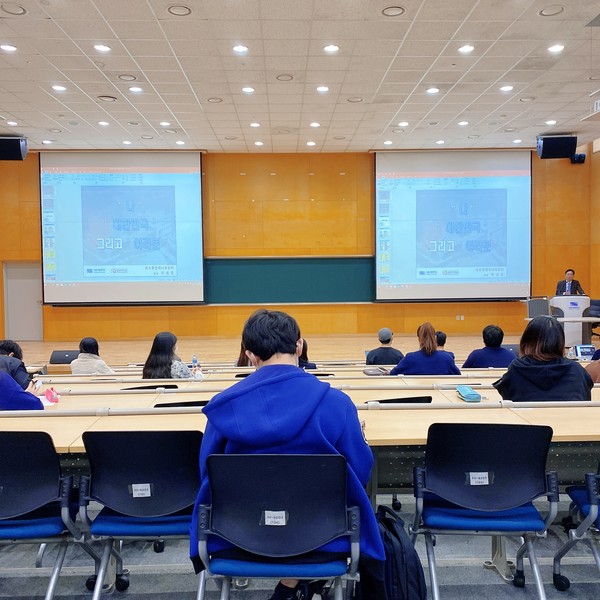As a result of the revision of the Public Educational Officials Act, 25 percent of all professors in national universities are required to be female. There are 63 full-time female professors at the University of Seoul (UOS), which is slightly less than 15 percent of the 430 professors in the school. The government has taken a dramatic step in raising the ratio of female professors in national universities, which is still much lower than the average in private universities.
The Seoul Metropolitan Government has an operating ordinance for the UOS and has decided to revise it in line with the government's action. Accordingly, the number of full-time female professors must reach 25 percent of the total by 2030. The plan is to reach 16 percent by 2021 and then raise it by one percent every year. As the Gender Equality Committee of the Seoul Metropolitan Government continues to evaluate the performance of the school, the pace is expected to quicken. In other words, although other national universities are only required to reach the national target, the target of the UOS is designated by the Seoul Metropolitan Government.
These measures are apparently stronger than those of other universities. However, the UOS falls short of the standard of national universities in Seoul. Moreover, women's job security is higher than men. According to faculty status, women account for 46 percent of all instructors. There is a significant gap in the proportion of women in full-time teaching. Experts say that, in addition to the increase in female professors, long-term measures are needed, such as giving female teachers positions or strengthening welfare to improve this fundamental structure.
This is a necessary step, but there are difficulties. The UOS does not have departments such as nursing and education, which have many female graduates. It is highlighted that there are only a few women who apply in the first place. The controversy that such a quota system for women is reverse discrimination against men has been a constant source of conflict in Korean society over the past few years. Despite this, referring to foreign examples, advanced universities have set up diverse facilities to strive for diversity and dynamism in schools. This has become the basis for sustainable development and a measure that may also be the cornerstone of positive change.


